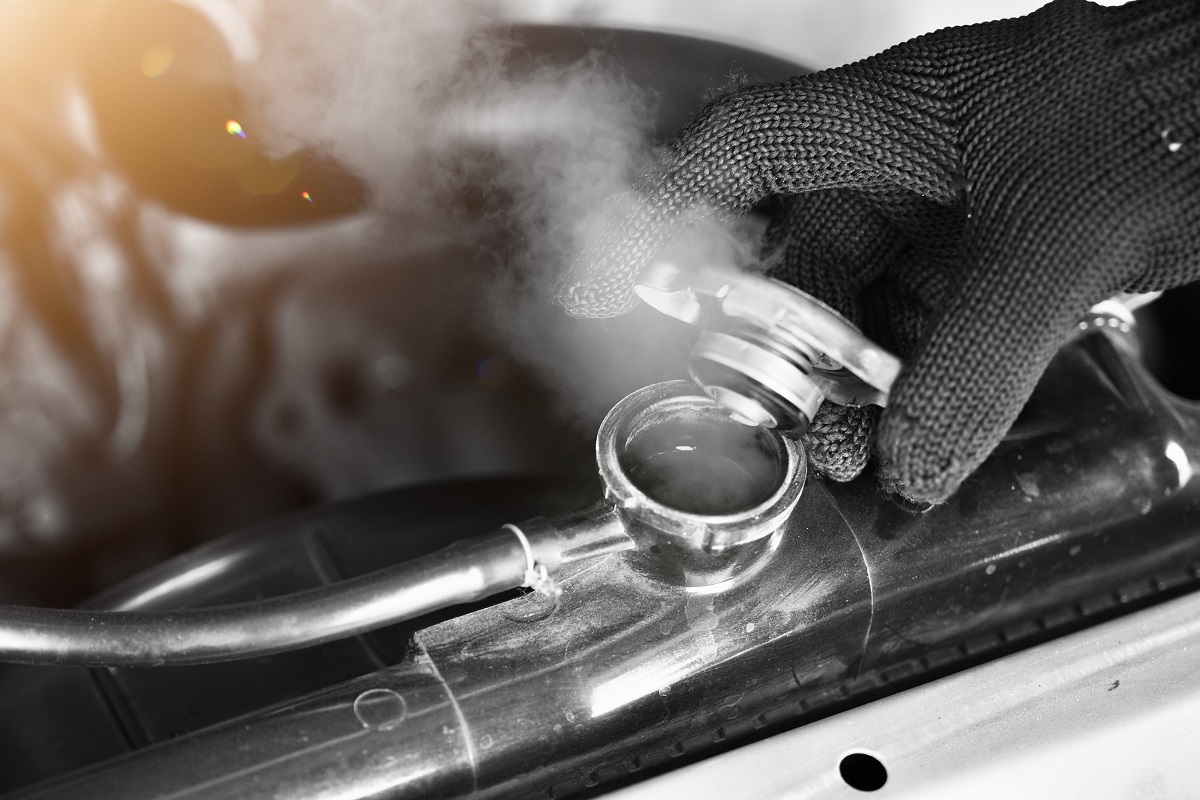Sep 30, 2019

As a car owner, it’s important to be able to recognise if there’s a problem with your car. A radiator is a key component of a car, that will help it to run smoothly. With the right maintenance, it shouldn’t give much bother. If the radiator goes bad, it could have an impact on your entire car. A radiator keeps your engine cool and functions by removing all the excess heat which accumulates as the engine burns fuel.
If your engine is struggling to stay cool, it can lead to a few other problems such as transmission failure. Here a few problems that will indicate if you need a car cooling system service or replacement:
Leaking coolant is a common sign of a faulty radiator. If you have noticed green fluid under your car when it has been stationary for some time, then the radiator has a leak that needs to be resolved as soon as possible. The good news is that if the crack is not too big, a mechanic will be able to patch it or replace the broken part. Radiator hoses can also be a source for leaking. To ensure your radiator runs smoothly, replace radiator hoses on a regular basis.
Rusting in the radiator can cause significant damage to a cooling system. If a piece of rust falls into your car’s engine, it will produce a thick liquid when mixed with the coolant. Resulting in the coolant not cooling the engine. A radiator flush must be conducted to remove any coolant with rust, as if ignored it can result in corrosion.
A radiator reduces the engine’s coolant before it circulates through the engine, but it can lose effectiveness overtime. When this happens, the engine will run at a higher temperature than normal and overheating will occur. A thermostat is present in the engine that will record the coolant’s temperature and when it starts overheating, a light will appear on your dashboard.
Although a thermostat is not part of the actual radiator, it is there to ensure it functions correctly. A failing thermostat is one of the more common causes for overheating. A failing thermostat will cause an engine to overheat at a rapid pace.
It’s possible for air to become trapped in the cooling system and when this happens, it will prevent coolant from flowing properly. A mechanic can remove the air bubbles accumulated in the cooling system.
A failing water pump will result in the cooling system not being able to pump the coolant through the engine and regulate the temperature properly. A vehicle is more likely to overheat as the circulation is no longer functioning effectively.
If there’s an obstruction present in your car’s coolant system, it will block the cooling passages. Thus, resulting in the engine and radiator not receiving the right flow of coolant and can cause radiator problems. Obstructions can also occur if air is restricted to flow through the radiator, as it will not be able to properly transfer heat to the air.
If you have a faulty radiator, get it checked as soon as possible by a trusted mechanic. Get a quote from local mechanics in your area!